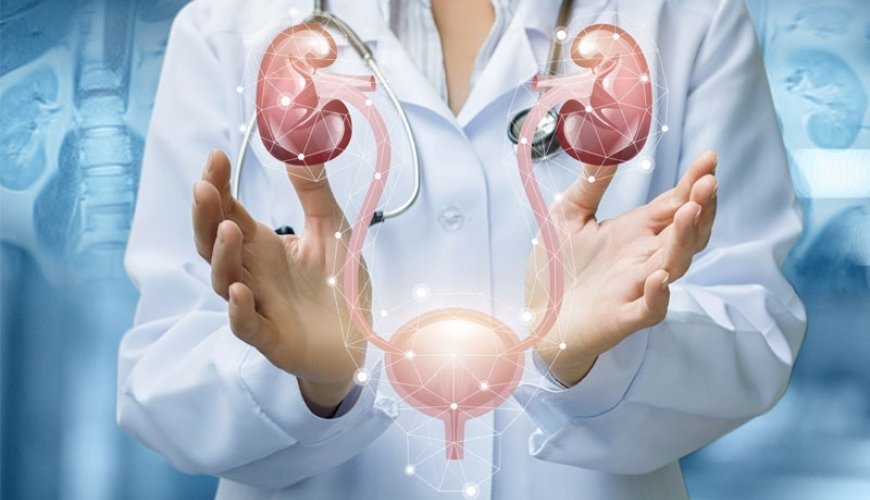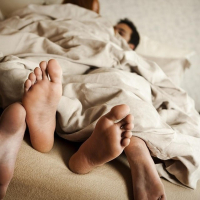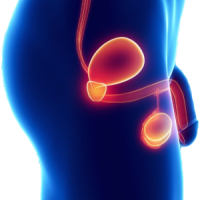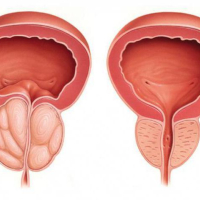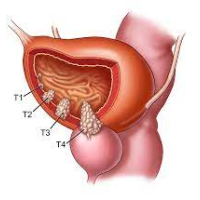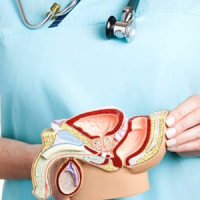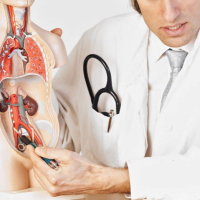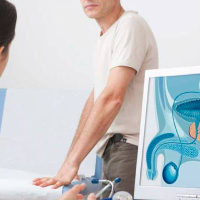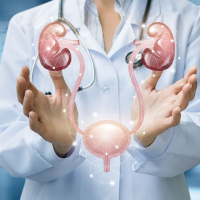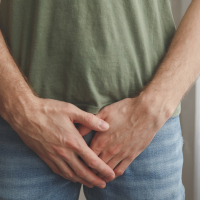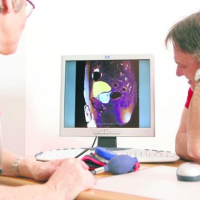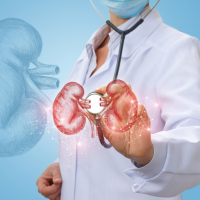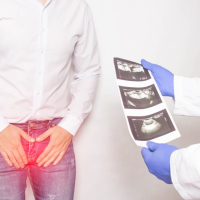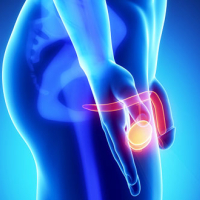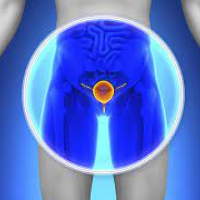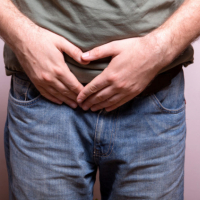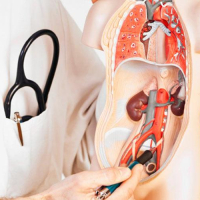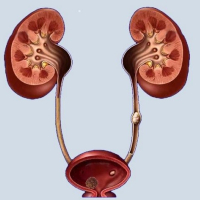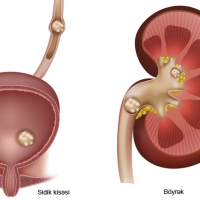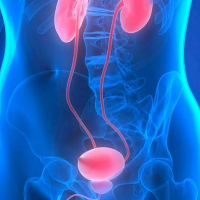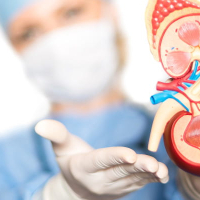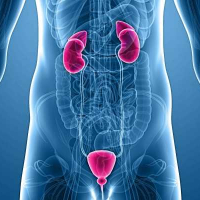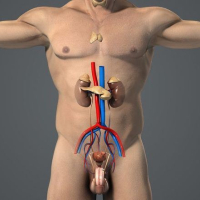Sexual weakness
- A person needs to be psychologically and physiologically healthy for a woman or a man to continue their sex life in a healthy way.
- Although it is normal for a person to have no sexual thoughts or sexual desire for some periods, if this reluctance lasts for 6 months or more, it must be treated.
- Sexual aversion is also defined as the decreased desire of a woman or man to have sex.
- Sexual aversion also does not change when a person is sexually aroused.
- Or, to put it another way, a person is reluctant even sexually.
- Along with physical and psychological fatigue, changes in quality of life can also cause changes in sexual desire.
Types of sexual weakness
- Sexual aversion is examined under 3 headings:
- Primary sexual aversion: In primary sexual aversion, which begins during adolescence, a person has no interest or desire for any sexual activity.
- Secondary sexual aversion: Described as a decrease or loss of sexual desire, despite having previously had sex. This condition, which develops later, is seen more often after negative experiences.
- Situational sexual aversion: Loss of sexual desire from time to time. Mainly tiring and stressful days, financial worries, sudden mood swings lead to this situation.
- Symptoms of sexual aversion
- The main symptom of sexual aversion is the lack of sexual desire. Sexual desire is more common in women than in men. In fact, approximately 33% of the total female population and approximately 14% of the male population in society are thought to experience sexual dysfunction. Conditions such as aging, pregnancy and menopause also cause sexual desire. Sexual desire is thought to decrease in about half of women who enter menopause. In men, sexual desire decreases with age. Other symptoms of sexual aversion include:
Decreased libido
- Not enjoying the relationship
- lack of motivation
- The cause of sexual weakness
Sexual aversion, which can also be defined as the reluctance to initiate intercourse and the inability to respond to sexual stimuli from a partner, is a health problem that can be seen in both men and women. Although sexual desire tends to decline with age, it can occur at any age. Causes of sexual reluctance include shyness, fear, anxiety disorders, inability to achieve sexual intercourse, pain or discomfort during intercourse, lack of stimulation, sexual incompatibility, erectile dysfunction in men, premature or late ejaculation. .
Sexual reluctance, which appears due to physical and psychological reasons, can also be caused by social changes in some cases.
For example, sudden changes such as starting a new job, being fired or promoted, childbirth, death of a family member can cause sexual reluctance in both sexes. L
but these cases are usually temporary.
When sexual desire appears due to physical or psychological reasons, this situation usually takes much longer.
sexual desire
There are various reasons for this condition, which are directly related to the physical health of a person. Advanced age, menopause, long-term abstinence, certain medications used, diseases associated with multiple organ failure, especially heart disease, thyroid disease, multiple sclerosis, Parkinson's, diabetes, blood pressure, cervical and vaginal infections, vaginal fungus, dryness and alcohol consumption are among the physical factors that often cause sexual reluctance. In addition to all this, sexual desire can occur during pregnancy, puerperium and breastfeeding.
Hormonal changes;
High levels of the hormone prolactin, known as the milk hormone, in both men and women, a decrease in the level of the testosterone hormone in both sexes,
A decrease in estrogen during menopause and disorders in the adrenal glands can also cause sexual aversion.
Disorders of the structure and function of the sexual organs, urological or gynecological disorders that affect sexual function are among the physical causes that cause a decrease in sexual desire.
Sexual aversion due to psychological factors
Sexual aversion due to psychological reasons is one of the most common sexual dysfunctions. So much so that about 99% of all cases of sexual reluctance are psychological factors. This condition is related to marriage problems, vaginismus, etc. can cause. It can also appear as a result of diseases. In addition to a wide variety of disorders, painful intercourse, sexual phobia, disgust, depression and disorders accompanied by depression often cause sexual reluctance. Especially during periods of depression, sexual desire disappears completely. A person has no sexual desire, desire or motivation. Likewise, in cases of anxiety and panic disorder, a person may be sexually reluctant because the focus is on fears and anxieties. Sexual aversion is also common in severe personality disorders such as schizoid personality, paranoid personality, and obsessive personality disorder. Sexual aversion can also be seen as a side effect of some drugs that increase serotonin levels used to treat psychological factors. Anxiety about pregnancy can also cause sexual reluctance. Both anxiety about getting pregnant and fear of getting pregnant can also cause it. Using safe methods of contraception can be beneficial for those who are not planning to become pregnant. If you want to get pregnant, have infertility and other problems, sexual desire can also be seen as a side effect of some drugs that increase serotonin levels used in the treatment of psychological factors. Anxiety about pregnancy can also cause sexual reluctance. Both anxiety about getting pregnant and fear of getting pregnant can also cause it.
- Using safe methods of contraception can be beneficial for those who are not planning to become pregnant. Those who want to get pregnant, if they have infertility and other problems
- Sexual aversion can also be seen as a side effect of some drugs that increase serotonin levels used to treat psychological factors.
- Anxiety about pregnancy can also cause sexual reluctance. Both anxiety about getting pregnant and fear of getting pregnant can also cause it.
- Using safe methods of contraception can be beneficial for those who are not planning to become pregnant.
- Those who want to get pregnant, if they have infertility or other problems, can do IVF research and refer to the IVF center
male sexual aversion
In men, sexual desire can be seen from time to time in every period of life. Although this condition is more commonly caused by stress and alcohol use, it can also be caused by more serious health problems such as cardiovascular disease. Causes such as diabetes, kidney and liver disease, thyroid problems, and drug use can cause sexual desire in men. Disputes in marriage and old age can also cause sexual reluctance. The frequently asked question "How to overcome sexual desire in women or men?" To correctly answer the question, it is extremely important to correctly identify the factor that causes reluctance and eliminate this problem in the first place.
How is sexual aversion treated?
There are many metabolic and psychological disorders that cause sexual desire. For treatment, the underlying cause must first be investigated. Therefore, it is extremely important for a person to give a correct history to the doctor. If the underlying cause is a metabolic disorder such as heart, prostate, neurological disease, or diabetes, sexual desire will disappear by treating these disorders. However, if the underlying focus of sexual reluctance is psychological, a person should contact a psychiatrist and get help in this regard. It is extremely important that spouses do not force each other and be patient during treatment.
